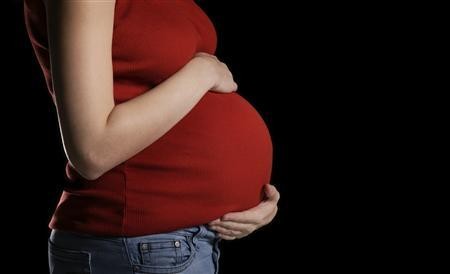
Researchers have found that older mothers tend to give birth to autistic children because of the alterations in molecules linked to DNA.
Researchers, in the recent years, have made considerable progress in studying the genetic mutations associated with autism, but are still uncertain about the role of other factors, like environmental influences, in the disorder. The new findings in future may help doctors in diagnosing if children have autism and the type of spectral disorder involved with it.
"In studies of twins, not all causes of autism appear attributable to genetic mutations. Something else must be going on." Live Science quoted John Greally, study co-author and a pediatrician specializing in clinical genomics at the Albert Einstein College of Medicine in the Bronx, New York.
Researchers, in the latest study, looked for the molecules known as methyl groups linked to DNA. Other than these groups, a process known as methylation can stop the gene activity.
Methylation is one example of epigenetic effect. Epigenetic is genetic change that is not caused by alterations in DNA sequence but environment can influence the epigenetics.
Apart from environment, age is also a factor that can affect epigenetics among people. Thus, the risk of children with autism increases as mothers' conceive at their later ages. However, it is also found that eggs of older mothers are susceptible to chromosome numbers abnormalities.
In order to find the greater autism risk, scientists examined 47 cells from people with autism and 48 people with no signs of autism. All the test cell samples were from people born to 35 years mothers at the time of giving birth.
The scientists didn't find any evidence that suggested abnormal chromosome numbers in either set of individuals. However, researchers did observe that cell from autistic people had changes in methylation.
The researchers suggest that changes in epigenetics that takes place in eggs or while the embryo is in first month of its life can contribute to the growth of autism.
This research could also aid doctors in understanding the existence of different types of autism. "If you have kids too young for the psychological tests often used to diagnose autism, you can diagnose their genes or their epigenetics at any age. With autism, you very rarely see two kids who are alike. They can be very, very different across the spectrum of autism. We'd like to figure out what interventions are more useful for some people with autism than for others, and maybe looking at their epigenetic patterns can help," Greally said.
"Hopefully, it might even be possible to reverse some epigenetic changes implicated in autism. We're at the very, very early stages of that possibility. It's not ready for prime-time, but it's definitely a possibility."
The details of the research has been published in the journal PLOS Genetics.








